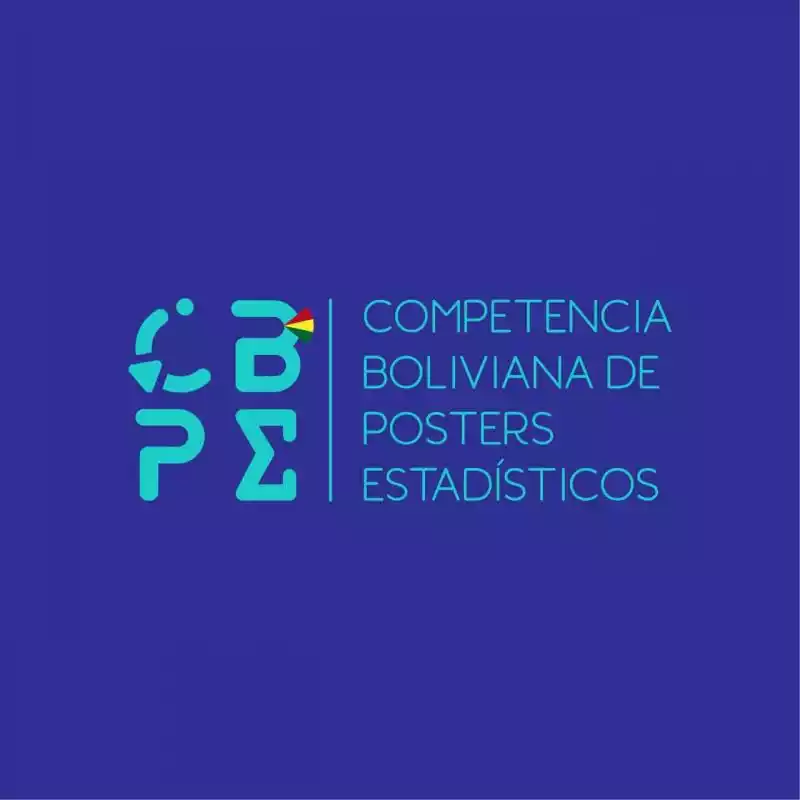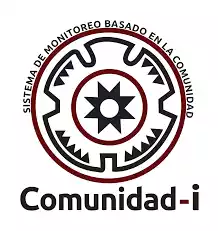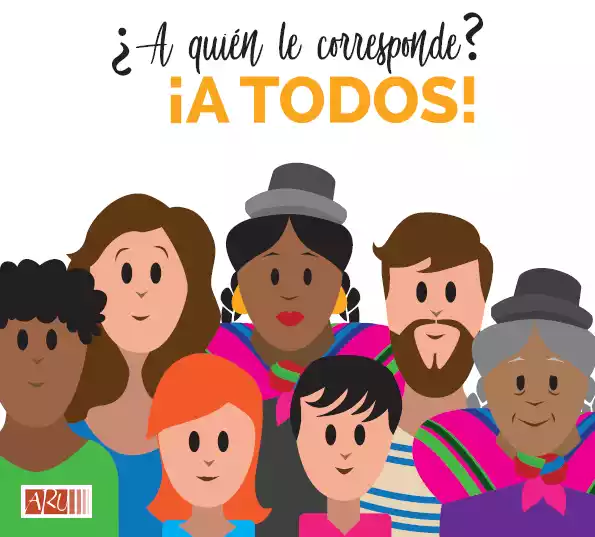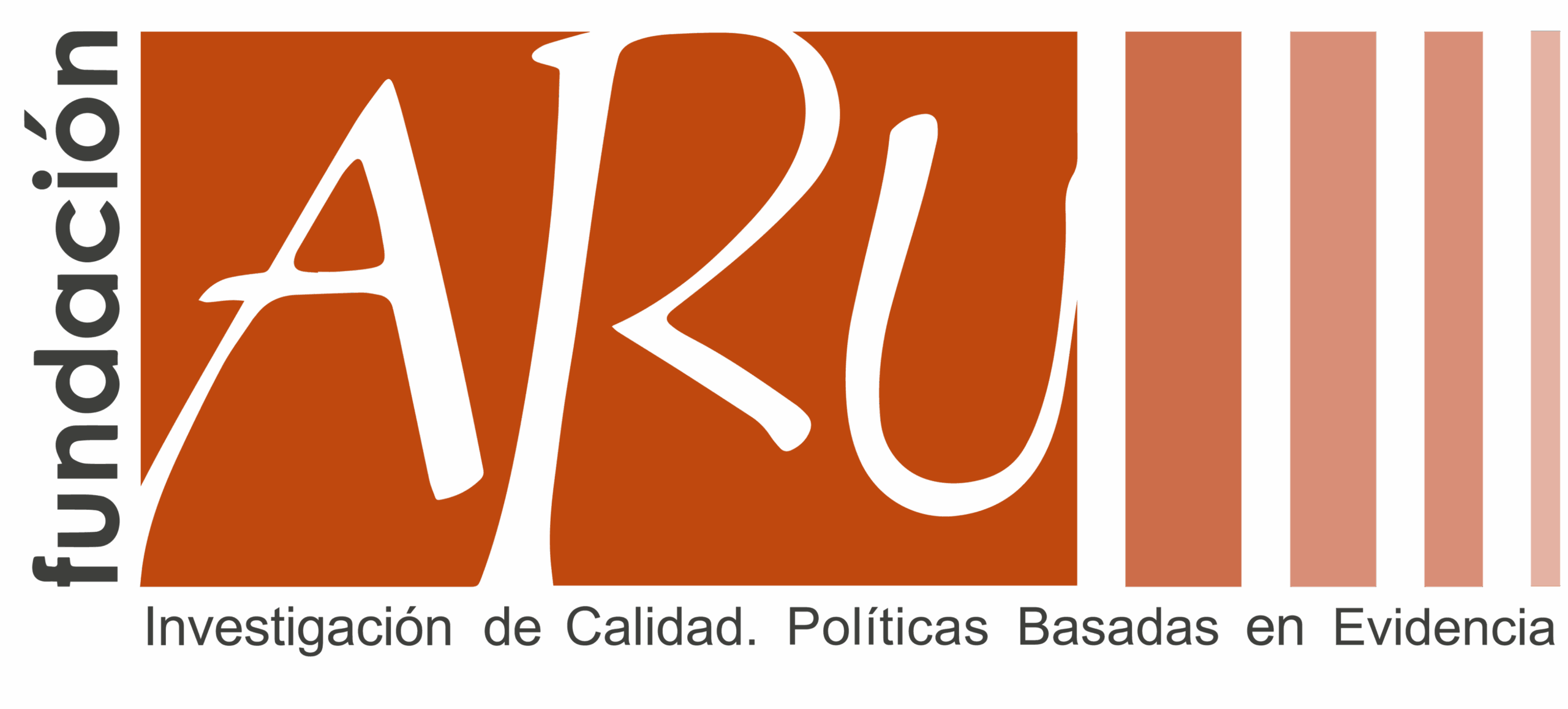Initiatives

#endemocracia
The #EnDemocracia initiative seeks to promote an informed public debate – in which youth is the protagonist – by generating spaces based on evidence resulting from scientific research. Thus, the idea is to take advantage of the levels of political involvement of young people and channel them towards spaces for training (workshops) and political analysis (conversations) that have data and objective information as a common denominator, precisely avoiding ideological discussions of content more emotional.

Bolivian young voices in the face of the COVID-19 pandemic
Article and Podcast Competition
Aru Foundation, with the support of Oxfam in Bolivia, presented the competition of articles and podcasts within the framework of the Young Bolivian Voices project in the face of the COVID-19 pandemic with young contestants, with the aim of knowing proposals for solutions and reflections in the face of the COVID-19 pandemic. COVID-19, as a contribution to reflection for a new generation of public policies aimed at reducing inequalities and exclusions (gender, regional, generational, ethnic, among others).

Bolivian Statistical Poster Competition
The Bolivian Statistical Poster Competition aims to enhance the exposure of statistical literacy needs and develop students’ skills in this area. It consists of the presentation of scientific and statistical research topics, embodied in a poster with adolescent and young participants. It is an initiative that belongs to the International Statistical Literacy Project (ISLP).

Applied Research Workshop – TIA
The Applied Research Workshop (TIA) is a joint initiative between the Aru Foundation and the Socio-Economic Research Institute of the Bolivian Catholic University “San Pablo” (IISEC – UCB). It was designed for the presentation, analysis and debate on the results obtained in preliminary or final investigations, submitted to the criteria of specialized experts according to the thematic area.

Comunidad-i
Under the vision and principles of
Aru Foundation, in 2013 the proposal was presented to “ Partnership for Economy Policy (PEP)” to implement the Community Based Monitoring System in Bolivia. Obtaining the support of the PEP, Aru Foundation, through the Micro Data and Surveys Unit, begins preparations for the implementation of the “Comunidad-i” Project of the Community-Based Monitoring System (SMBC) with the pilot test in Santa Cruz. The pilot test concluded with the delivery of final results to the Concepción community, ICE and PEP in May 2014. Since the Comunidad-i pilot test in Concepción ended successfully, the project became part of the permanent agenda of work of the Aru Foundation Data Unit from the year 2014.
Comunidad-i is the Bolivian project of the Community-Based Monitoring System, its application generates opportunities to develop an information system that allows decision makers to diagnose and monitor changes in well-being indicators within the local sphere, formulate plans and programs to deal with the population’s risks appropriately, guide the allocation of resources and target possible beneficiaries of social policies and strategic interventions.

Evidence-Based Events (EBE) and Evidence-Based Dialogues (DBE)
Between 2017 and 2019, studies on inequality, poverty, educational inequities and labor gaps were carried out, as part of agreements between Oxfam and the Aru Foundation. After a management focused on evidence generation, the relevance and pressing need to combine the generation of evidence with incidence in public policies was raised. The channel chosen to carry out this task was through interaction workshops with young people. This is based on previous experiences in carrying out the Evidence-Based Meetings (EBE), instituted in previous efforts by the Aru Foundation, as meeting points for the dissemination of research results and informed debate among specialists, civil society and public institutions.
Based on the promotion of data culture, rigorous research and inspired by the EBE format, a robust scientific research project started in 2017 evolved developing an advocacy component through workshops with young people from civil society. The new versions of these spaces for discussion and debate on evidence were renamed Evidence-Based Dialogues (EBDs).



